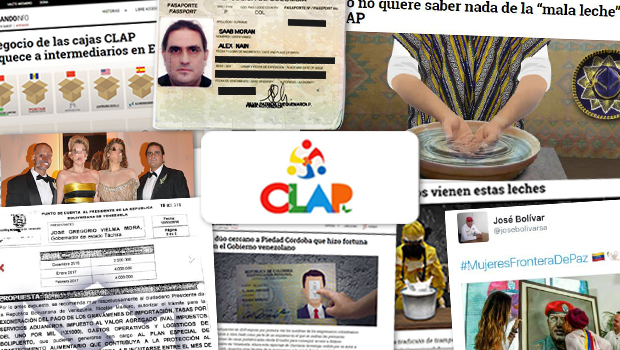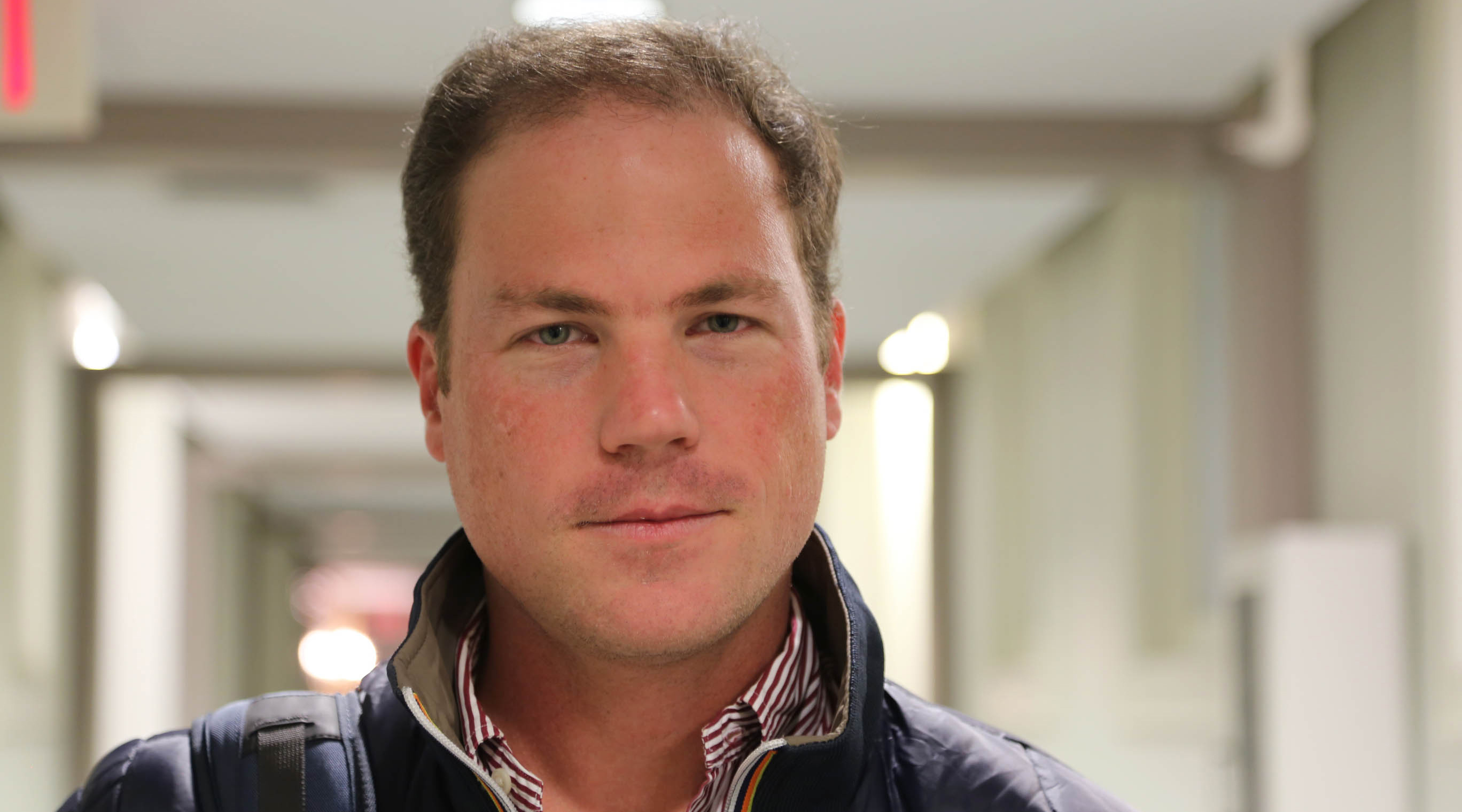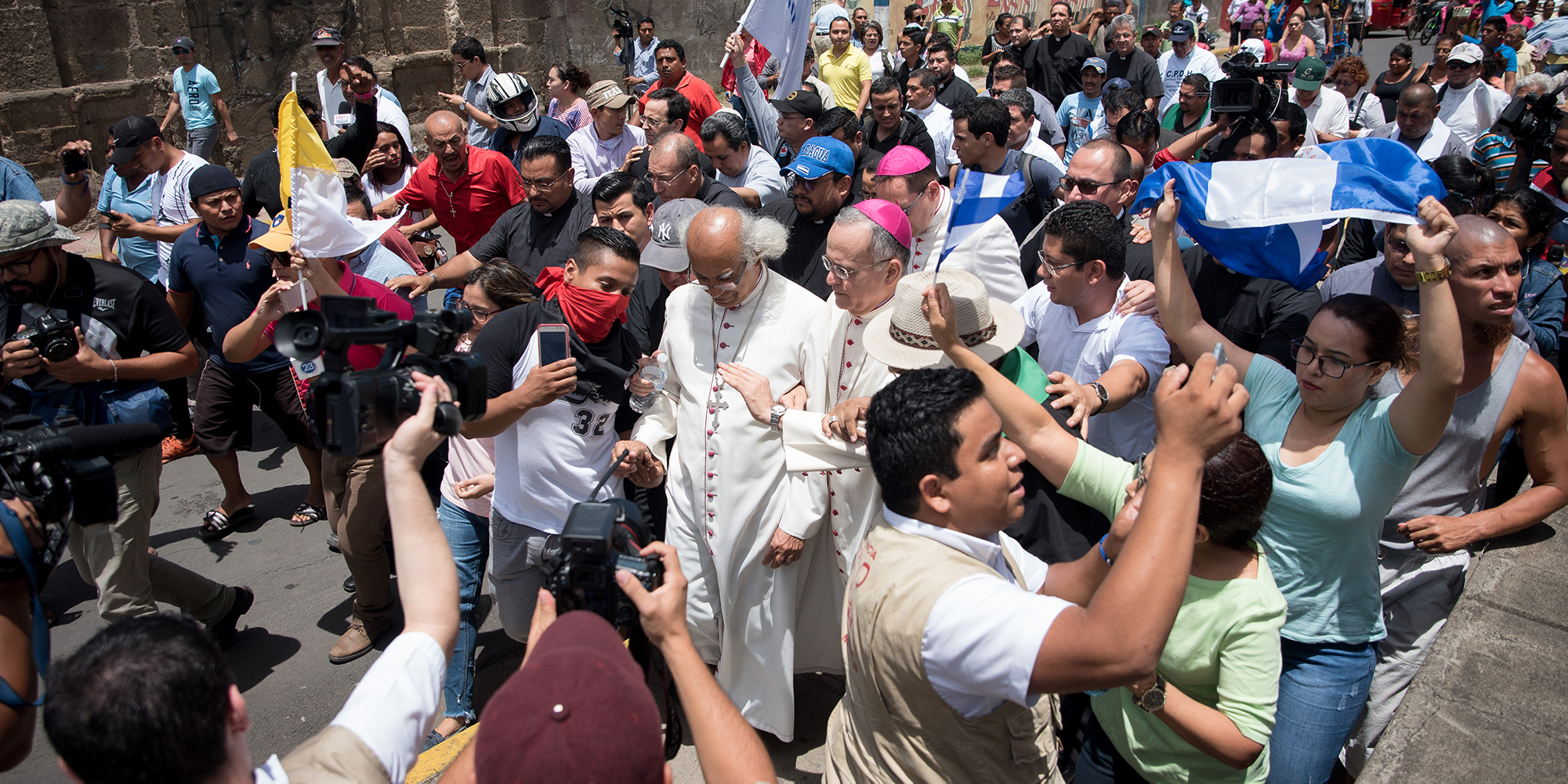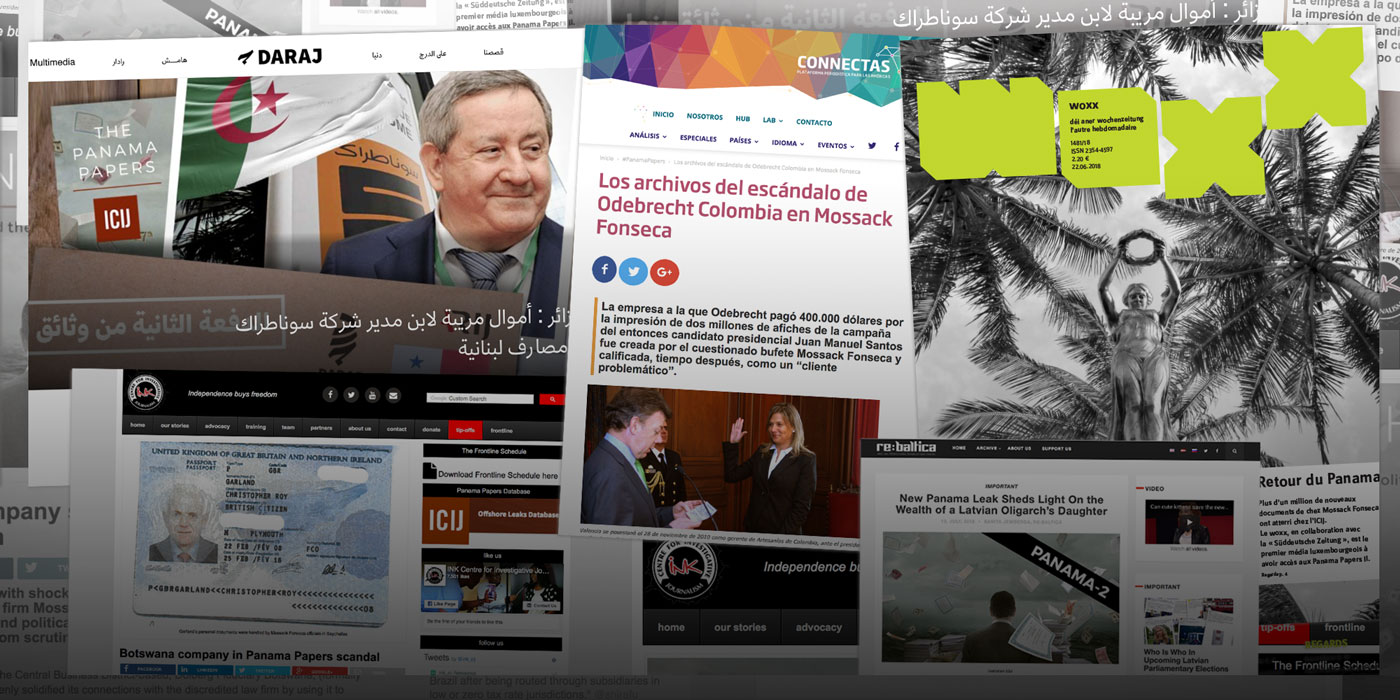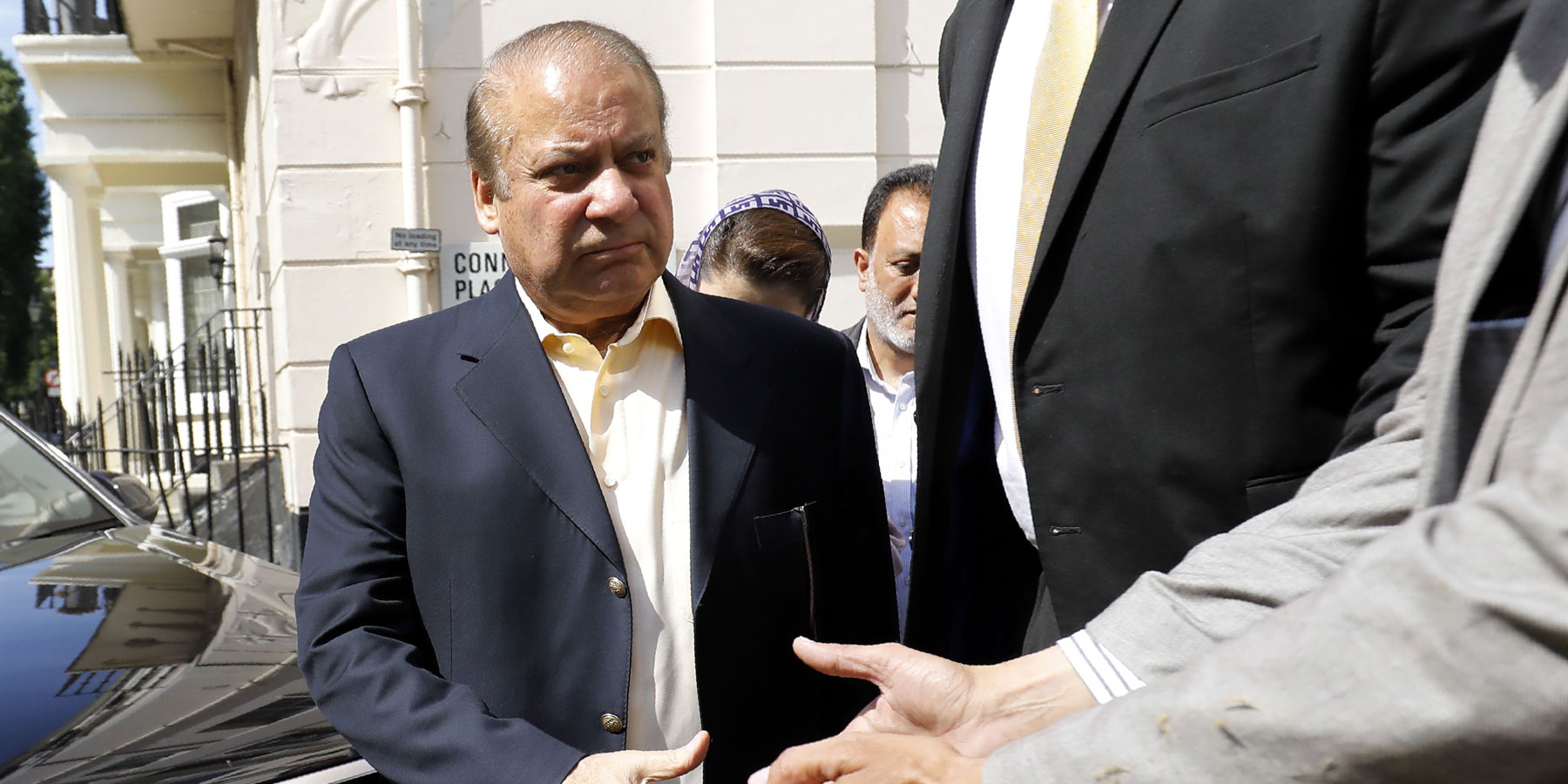Four Venezuelan journalists in exile have suspended plans to return home after an entrepreneur with reported ties to the president doubled-down on efforts to muzzle reporting on alleged fraud inside a program designed to feed hungry Venezuelans.
ICIJ members Ewald Schafenberg and Joseph Poliszuk and colleague Roberto Deniz of news website Armando.info fled Caracas to Bogotá, Colombia, earlier this year. A fourth reporter, Alfredo Meza, now works from the United States.
“Working from a distance… has been difficult, but it would have been worse to accept the censorship behind this case and be forced to abandon this story,” Poliszuk told the International Consortium of Investigative Journalists by email. Poliszuk credits technology and the determination of colleagues who stayed in Venezuela with Armando.info’s ongoing coverage.
Armando.info has published a series of reports since 2017 revealing how the Colombian mogul Alex Saab reaped millions of dollars via an offshore company in Hong Kong. The company artificially inflated food prices on packages provided to Venezuela’s poorest citizens under a government-run program, according to Armando.info.
Venezuela’s economy has collapsed under President Nicolás Maduro and millions of citizens regularly do not have enough to eat. The Maduro government introduced the program, known by its Spanish initials CLAP to deliver food boxes with essentials like beans, cornmeal and tuna.
Saab used connections to Maduro’s administration to secure the contract, Armando.info reported. The offshore company lists Saab’s son, on paper, as its owner.
Armando.info’s recent reporting included chemical analyses that showed milk powder imported by Saab and others under the food program had high levels of sodium but low levels of protein and calcium. In one of eight analyses, Armando.info reported, a child would have to drink 41 glasses of CLAP-imported “milk” to receive the average amount of protein contained within a normal glass.
Saab denies wrongdoing. In September, he launched legal action in Venezuela, accusing Armando.info and the four editors and reporters of defamation and “aggravated injury.” The lawsuit carries with it the possibility of up to six years in jail.
Last month, a Caracas court granted Saab’s request to prevent the journalists leaving Venezuela — despite the fact they had already done so. This month, Saab filed another request with the court to stop Armando.info publishing any further reference to his name.
That someone can ask a judge to prohibit any mention of his name in a case that involves public funds and the provision of food to those who have nothing to eat “shows the degree of authoritarianism that exists in Venezuela,” Poliszuk said. “They are asking for an injunction against transparency.”
It is not the time to shut up.
The journalists fear that Venezuela’s judges, 40 percent of whom are members of the ruling party, could not guarantee a fair trial should they return.
“We decided to come to Colombia for what we thought would be a short time,” Poliszuk told ICIJ. “But unfortunately, with the latest decision of the court, if we return at this moment we might be at risk.”
“I miss everything, of course, it’s my country,” said Poliszuk, who relocated to Colombia without his family. “More than anything, I want to be in Caracas because I love journalism.”
Armando.info is a regular media partner of ICIJ. Armando.info continues to publish investigations into Saab’s business empire and the government’s food program, CLAP.
With Venezuela’s economy in freefall, hyperinflation and power cuts have left many of the remaining 32 million people struggling to survive, millions have fled the country in what has become of the biggest migration crises in Latin America’s history.
Journalists are increasingly joining the exodus, Poliszuk said. Some leave to escape government pressure; others in response to crumbling salaries and chronic food and medicine shortages.
Poliszuk said that recent reporters-in-exile include a prominent radio host who moved to Miami and others who cover the news, as Poliszuk does, from Bogota.
The Committee to Protect Journalists has criticized Venezuela’s increasing attempts to silence journalists through politicized probes of independent newspapers and the use of a new, draconian “anti-hate” law.
Scharfenberg, Poliszuk, Deniz and Meza say they will stay outside Venezuela until they receive guarantees of a fair trial and will continue to report on Saab and the food program scandal.
“It is not the time to shut up,” Poliszuk told ICIJ.
